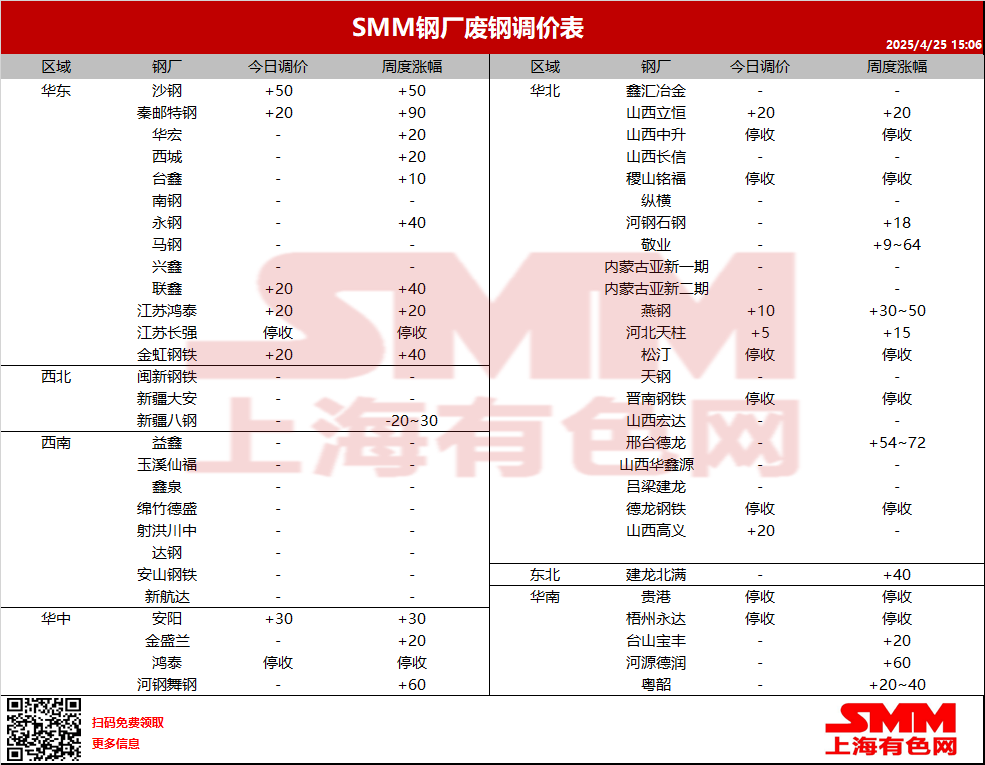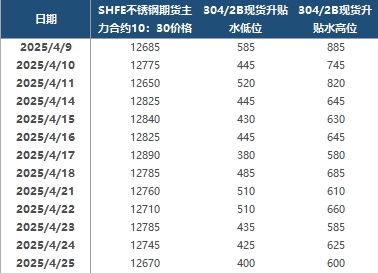An Encumbrance Certificate (EC) is vital for Indian homebuyers, certifying a property's freedom from legal or financial liabilities. For most Indians, buying a home is the largest financial decision of their lives. It’s not just a matter of emotional investment, but a transaction involving substantial financial and legal responsibilities.
Amidst the excitement of zeroing in on a dream home, one document that must not be overlooked is the Encumbrance Certificate (EC), a cornerstone of property due diligence that holds legal weight. What is an Encumbrance Certificate? An Encumbrance Certificate (EC) is an official document issued by the sub-registrar’s office that certifies whether a property is free from monetary or legal liabilities, such as outstanding loans, mortgages, or court orders. It records all registered transactions related to a property over a defined period, often up to 30 years, thereby offering buyers a transparent picture of its financial and legal history.

This certificate essentially answers one critical question: Is the property safe to buy? Why is it Important? In a property market where many buyers discover hidden legal or financial issues after the initial sale agreement, having access to a clean EC can prevent future disputes or financial loss. The importance of an EC lies in its ability to: Ensure Clean Title : A clean EC indicates that the property is free of encumbrances, such as loans or court attachments. Validate Ownership : It confirms the name(s) of previous and current owners, helping buyers verify legal transfer of title.
Aid Loan Approvals : Lenders, including banks and NBFCs, insist on an EC before approving home loans or loans against property. Support Legal Transactions : From property mutation, that is change in title, to PF withdrawals involving real estate, an EC is often required as part of official documentation. Protect Against Tax Liabilities : If land tax hasn’t been paid for over three years, the EC helps local bodies update tax records, ensuring that the new owner doesn’t inherit liabilities.
Tangible Benefits of Obtaining an EC Obtaining an Encumbrance Certificate (EC) offers crucial benefits that go beyond just ticking a box in the property-buying process. At the core, it brings transparency, providing a traceable history of all financial dealings associated with the property. This ensures that buyers are fully informed about past transactions, loans, or liabilities attached to the asset.
While the process of getting an EC might appear bureaucratic at first, it’s a time-saving investment in the long run. Legal disputes, ownership claims, or hidden liabilities can often stretch for months—or even years. An EC acts as a preemptive shield against such complications, streamlining the property transfer process and avoiding future delays.
More importantly, it offers peace of mind. Buyers can move ahead with confidence, knowing there are no hidden mortgages or legal encumbrances tied to the property. This sense of assurance is invaluable, especially when making such a significant financial commitment.
In terms of legal protection, a clean EC holds strong standing in court. If any ownership disputes or challenges arise in the future, an EC can serve as reliable documentation to establish rightful ownership, making it a critical asset in legal proceedings. The importance of a thorough EC check is to further avoid fraud cases in urban areas that are linked to issues that would have been evident with proper EC scrutiny.
These include double registration, illegal mortgages, and undisclosed claims, all of which could be avoided with one diligent step. The Digital Shift: Getting an EC Online In many states, the EC can now be obtained online through respective government portals. Applicants need basic property details like the document number, year of registration, and property schedule to initiate the request.
This digital shift has dramatically reduced wait times and cut down dependence on middlemen. Conclusion: Whether you’re buying your first flat, investing in land, or planning to sell a property, ensure that the Encumbrance Certificate is reviewed, and ideally, issued within the past six months before signing on the dotted line. In the ever-evolving real estate landscape, where legal compliance is as important as location or price, the EC continues to be your first line of defense.
This is authored by Akhil Gupta, Co-founder and Chief Product & Technology Officer, NoBroker. The views expressed in this article are those of the author and do not represent the stand of this publication..
Business

Buying Property Without This Document? You Might Be Walking Into A Legal Trap

An Encumbrance Certificate (EC) is vital for Indian homebuyers, certifying a property's freedom from legal or financial liabilities.














